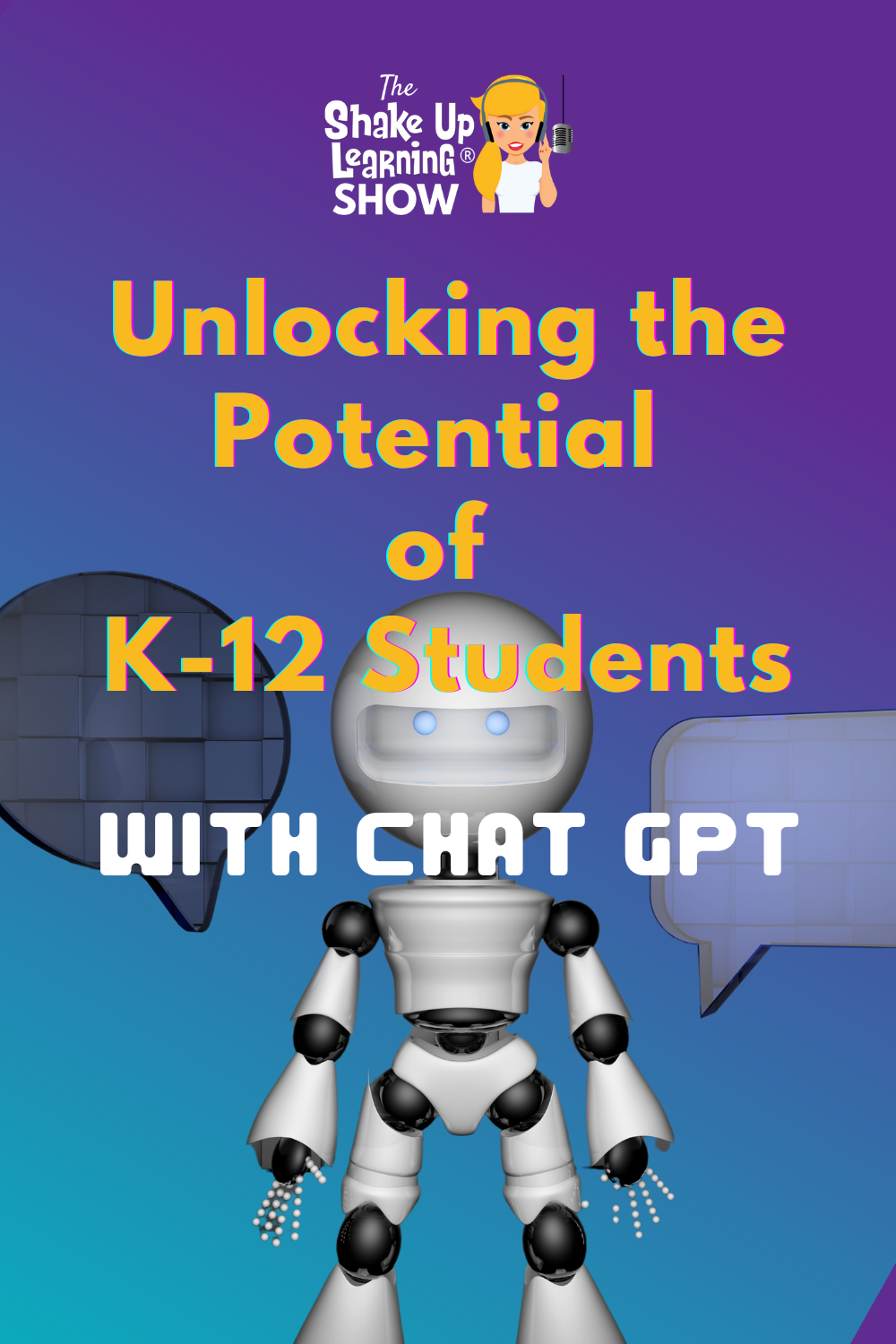
AI’s Latest Leap: Unlocking Human-Level Language UnderstandingAI’s Latest Leap: Unlocking Human-Level Language Understanding Artificial Intelligence (AI) has made remarkable strides in recent years, and one of the most exciting advancements is in the area of natural language understanding (NLU). NLU enables AI systems to comprehend human language as it is spoken and written, and to generate natural-sounding text. This breakthrough has opened up a wide range of possibilities for human-computer interaction, from more intuitive search engines to personalized virtual assistants. One of the key challenges in NLU is the ambiguity and context-dependency of human language. A single word can have multiple meanings, and the meaning of a sentence can depend on the surrounding text. AI systems must be able to resolve these ambiguities and infer the correct meaning of words and sentences in order to effectively understand human language. Recent advances in AI have made significant progress in addressing these challenges. One approach that has shown particular promise is the use of deep learning models. Deep learning models are artificial neural networks that can learn complex patterns in data. They have been successfully applied to a wide range of NLP tasks, including text classification, machine translation, and question answering. Another important breakthrough in NLU is the development of transformer models. Transformers are a type of neural network that is particularly well-suited for processing sequential data, such as text. They have achieved state-of-the-art results on a wide range of NLP tasks, and they are now widely used in commercial NLP applications. The combination of deep learning and transformer models has enabled AI systems to achieve human-level performance on a number of NLP tasks. For example, the GPT-3 model from OpenAI is able to generate text that is indistinguishable from human-written text. The BERT model from Google is able to answer questions and perform other NLP tasks with an accuracy that rivals human performance. These advances in NLU have the potential to revolutionize the way we interact with computers. NLP-powered applications can provide us with more personalized and intuitive experiences, and they can help us to access information and complete tasks more efficiently. As NLU continues to improve, we can expect to see even more innovative and groundbreaking applications of this technology in the years to come.
Posted inNews